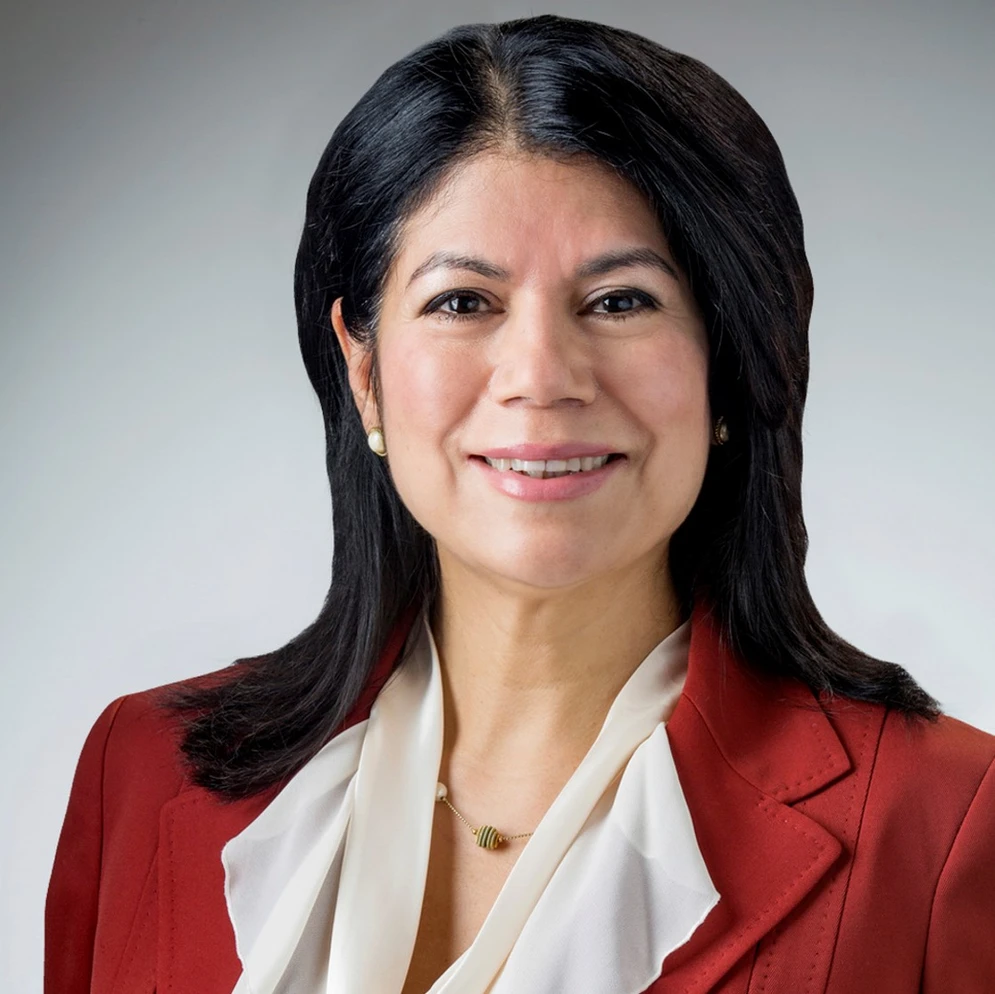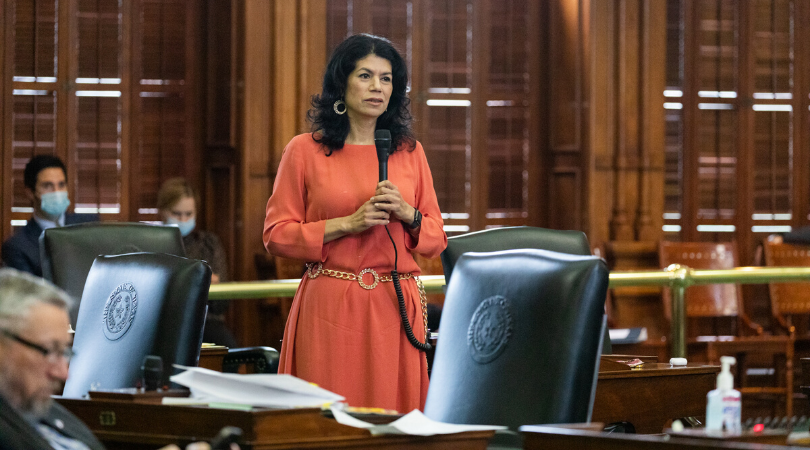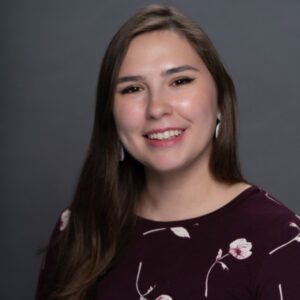
Carol Alvarado serves in the Texas Senate District 6—covering portions of Harris County. She previously served in the overlapping Texas House of Representatives District 145 and Houston City Council. You also may recognize her from recent nationwide headlines: in 2021, she engaged in a 15-hour filibuster in opposition of sweeping voter restrictions. But her record of service runs as far back as college when she was elected as a precinct chair and began advocating for her neighborhood. When summing up her years as an advocate, Carol describes herself as a problem solver. We coined her one of Houston’s problem solvers.
Carol grew up in Houston’s East End community in the Manchester neighborhood. Everyone in her neighborhood was working class and predominantly Hispanic. Carol and her neighbors faced numerous environmental challenges because of their proximity to surrounding chemical plants and refineries. In as early as high school, Carol began encouraging the companies that own these plants to be better neighbors to the Manchester neighborhood. Carol started by protesting the companies’ permits that were not up to par. Eventually, Carol drafted the “Good Neighbor Agreement,” a contract between these companies and community leaders that would govern output affecting nearby residents. Carol recalled being a young college student, negotiating in a room with corporate executives—mostly older men. To this day, Harvard Law School uses clauses from this agreement in one of its negotiation courses.
Her drive to help her neighbors poured over into college. The Manchester neighborhood was landlocked by railroad tracks, sometimes leaving folks trapped at home for extended periods of time. As a solution, Carol advocated for a bridge to be built over the train tracks, allowing residents to leave with ease. Eventually, twenty years later, Carol’s hard work would culminate into the creation of the bridge. Around the time she started advocating for the bridge, Carol was recruited by her sister to volunteer at the local Planned Parenthood as an escort for women entering the clinic. She would protect patients from protesters outside of the clinic. Carol also ran and won a Democratic Precinct Chair position. She beat out a long-time incumbent for the role all while studying. She eventually graduated from University of Houston and started a career in Washington, D.C.
After graduation, Carol started working for Congressperson Gene Greene (D) who represented Texas’s 29th Congressional District. This full-time position followed a volunteer stint for Congressperson Greene’s campaign. Eventually, Carol returned to Houston and ended up working as the Deputy Chief of Staff for Mayor Lee Brown, Houston’s first Black mayor. It was in this role that she fell in love with city government. She oversaw several departments as Deputy Chief of Staff. During her time in this role, she assisted with the creation of Houston’s first light rail, NRG stadium, and the revitalization of downtown. But one day, Carol said to herself, “If I can do this as an executive in the mayor’s office, I know I can do this as a councilmember.” She made the jump from an administrative role to an elected role.
Carol ran and won a seat on Houston’s City Council in 2002. She served in this role until 2008 when she ran for and won the seat in Texas House of Representatives District 145. Ten years after being elected to the House of Representatives, Carol moved into Texas Senate when she ran and won the seat in District 6. Carol had no idea that two years into her Senate term, she would be faced with one of the most grueling challenges of her career: a filibuster.
During the 87th Second Special Legislative Session, Carol took part in a 15-hour filibuster against SB1,a Senate bill affecting voter’s rights. The bill was described by the author as “relating to election integrity,” “preventing fraud,” and “increasing criminal penalties.” Effectively, the 55-page bill would outlaw drive-thru voting, limit voting hours, impose new ID requirements, ban the distribution of unsolicited mail-in ballots, increase criminal and civil penalties for voter assistants, and enhance freedoms for partisan poll watchers. SB1 was first introduced during the first legislative session but, after a historic quorum break by Texas House Democrats, the bill failed. (Did you know? A quorum break means a number of voting legislators did not show up to establish the minimum number of representatives required to hold a vote). However, after SB1 was reintroduced during the second special session, Texas House Democrats slowly trickled back allowing a quorum to be established. In an effort to stop the bill once more, Carol engaged in a filibuster.
A filibuster is strategically long speech meant to block a vote on a piece of legislation. Carol would stand and speak on SB1 for 15 hours. If you think that is easy, wait until you learn about the way you have to engage in a filibuster. The speaker cannot sit, take restroom breaks, eat, drink water, or lean on the furniture. Unlike the U.S. Senate, a filibuster speaker can only talk about the bill, dramatically limiting the speaker. Carol filled her time reading testimonies from voters who would be affected by the bill. “There is no helpline,” Carol said, but the testimony “gave [her] the energy and stamina to continue as long as [she] could.” Near the end of her filibuster, Carol’s mouth was dry, and she was thirsty. Her back and legs hurt. She began her filibuster at 5:50 PM on August 11th and ended the next morning around 9 AM.
Throughout her time as an advocate and public servant, Carol has witnessed a change towards women. Specifically, Carol noticed that more women are running for office saying, “People are getting used to voting for women.” She encourages the next generation of women+ to find their passion: “Find something that motivates you. When you come into this job, it can be grueling. It can be easy to be turned off or get discouraged. Find something you are passionate about.”
Learn more about Senator Alvarado here.





